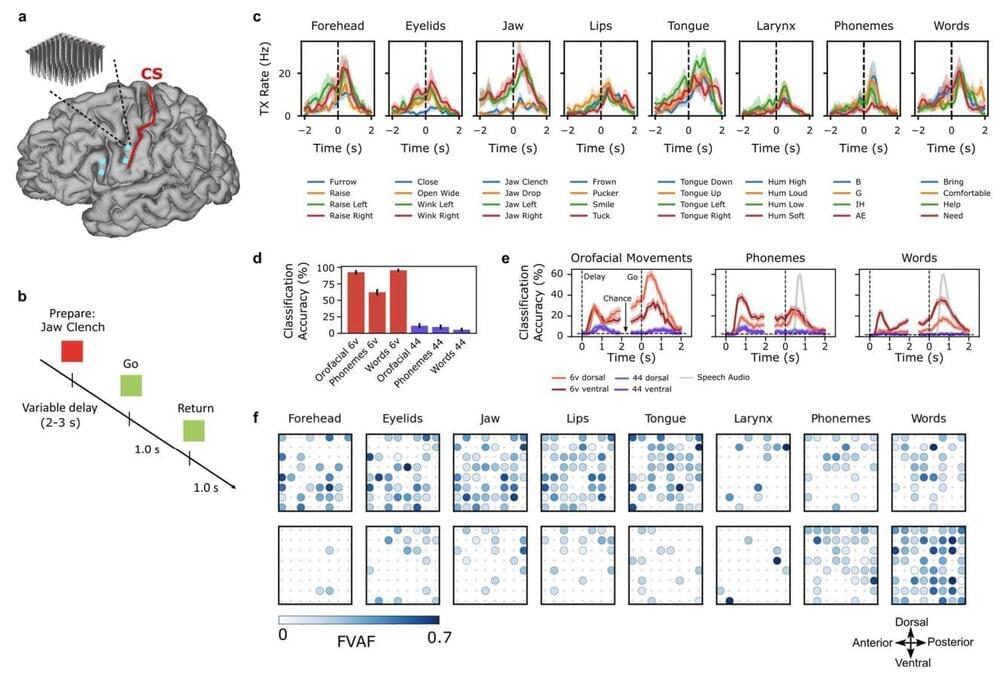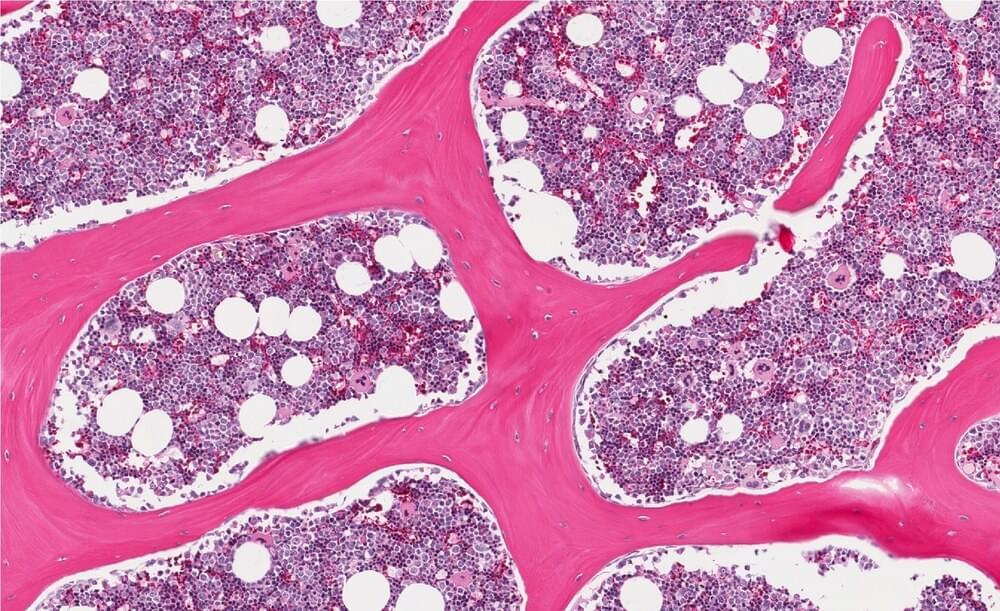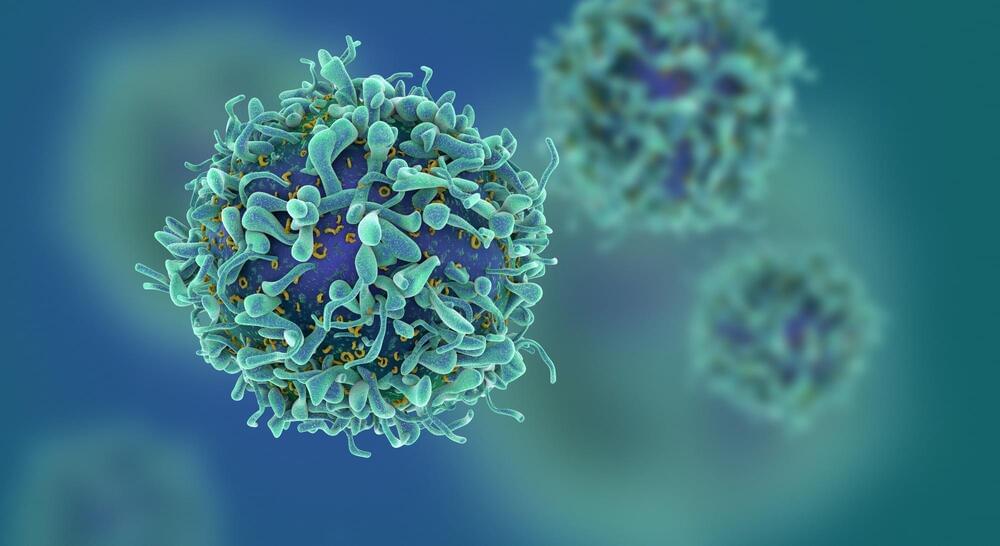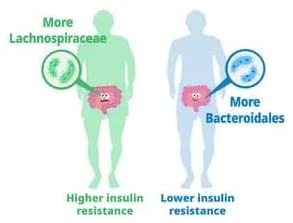Welcome to another exciting episode of our podcast series, where we dive deep into the world of science and innovation! In today’s episode, we have the privilege of interviewing Prof. Michael Levin, a renowned researcher in the fields of bioelectricity, regenerative biology, and biophysics.
Prof. Levin is the director of the Allen Discovery Center at Tufts University and has been making groundbreaking discoveries that are revolutionizing the field of regenerative medicine. His research focuses on understanding the electrical communication within and between cells, and how this communication can be harnessed for tissue repair and regeneration.
In this thought-provoking conversation, we cover:
🔹 The fundamentals of bioelectricity and its role in cellular communication.
🔹 How bioelectric signals can be manipulated to control cell behavior.
🔹 Prof. Levin’s pioneering work in regenerative medicine and tissue engineering.
🔹 The potential applications of bioelectricity in treating various diseases and conditions.
🔹 Ethical considerations and the future of bioelectricity in healthcare.
Join us for this insightful discussion and learn how Prof. Levin’s research is paving the way for innovative solutions in regenerative medicine. Don’t forget to subscribe to our channel for more fascinating interviews with leading experts in science and technology!








